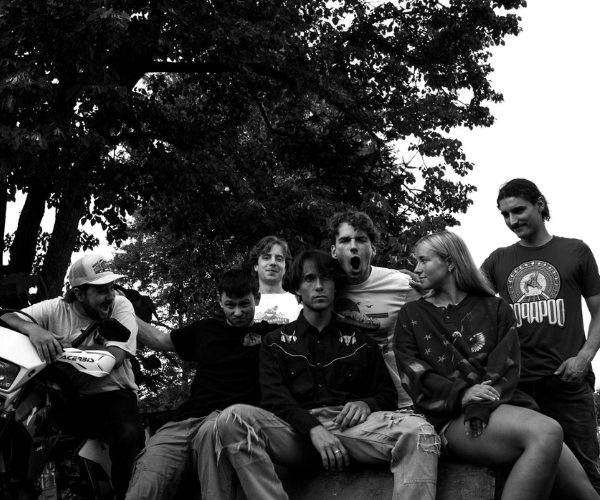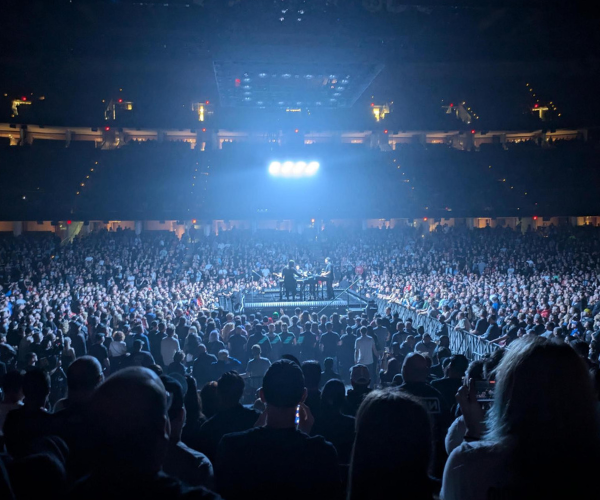September 2001
A week later, the images still pop and flash before my eyes: planes, fire, falling towers. For the first time in my life, I cannot write. Words, once my refuge, now seem devoid of any magic or meaning. I am scheduled to perform a one-woman show in New York. I pick up the phone and cancel. Performing a show about my traumatic junior high years, while smoke is still rising from the WTC wreckage, seems ridiculous, if not downright insensitive. I settle in to the comfort of TV talk shows. I nap on the couch. My heart slams against my ribs whenever I hear a plane.
November 2001
I try to write again. It’s that or watch Dr. Phil bark out advice on “Oprah.” I pick up some scenes from a play I’d been dabbling with that summer called “Night Bloomers.” It centers around a traveler named Lilia, who flies to the desert to see a beautiful, night blooming flower called the persinnium.
Leafing through some scenes, I can’t help thinking, So what? In light of what’s happened, the story doesn’t seem relevant anymore. I ponder, Could I raise the stakes somehow? What if the flower only blooms once every hundred years? What if it’s set to bloom that very night, and she’s rushing to get there in time? I jot some notes. But why would she wait so long to make such a trip?
I pause. Suddenly the world of the play is clear. It’s our world, or a world similar to ours, in the wake of a catastrophe. I know why Lilia needs to find the persinnium, why she needs to see something beautiful, right now. It is, to quote Oprah, an A-ha! moment. I dive into rewrites.
January 2002
I sit on my living room floor, surrounded by discarded pages. Two main characters have emerged: Lilia, our optimistic heroine, and Nathan, a terse, solitary pilot and reluctant co-traveler on her journey. The desert setting is stark, dreamlike, a darkly comic landscape filled with a variety of characters, shell-shocked, grieving, resolute, hopeful.
There’s just one problem.
“I can’t figure out how to get them to the persinnium!” I wail to a friend. “I’ve sent them a hundred different ways. Nothing works.”
“You know, maybe you’re not ready to write about this yet,” she answers. “Not ready?” I snarl defensively. “What do you mean?”
“Come on. The whole world has changed. You can’t expect to have it figured out in a few months. If ever.”
If ever? The two words form a lump in my throat. “So now what?” I croak.
“Put it away for a while. You’ll come back when you’re ready.”
December 2004
The country has waged one war and is in the middle of another. I have become active in the anti-war movement, organizing, marching, writing to my senators. But I often feel like nothing has been accomplished. The world seems darker, more precarious with each passing day. In a lull between projects, I clean out my desk and stumble on some early scenes from “Night Bloomers.” Lilia springs back to life. Her strong presence on the page is almost a rebuke.
“It’s about time,” she seems to say.
Am I finally ready to write this play? I think about the heartache and frustration of my earlier attempts. Then I think about what’s happened over the past few years. The shock of 9-11 has worn off, but the fear and uncertainty haven’t. I think about how many times I’ve turned off the news in despair, how often I feel helpless, groundless. Could a flower of such beauty even exist in such a world? I don’t know. But I know that I need to find out.
Lilia waits, poised and immaculate.
“Ready?” she asks.
I take a breath.
“Yes. Let’s go.”



